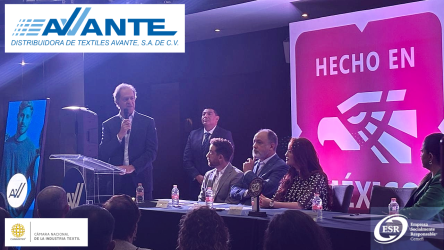Mr. Ross continued, “Unfortunately, despite all of these gains, the U.S. sugar industry has said it is unable to support the new agreement, but we remain hopeful that further progress can be made during the drafting process.”
Trade experts have kept a close eye on the sugar dispute to gauge the approach that Washington could take in talks to renegotiate Nafta. Although President Trump has backed away from his threat to pull the United States out of that regional trade accord with Mexico and Canada, the administration has given few clues as to how hard a line it will take.
Talks could begin as early as August.
“Conducting the negotiation on sugar trade against the background of a broader renegotiation of Nafta gave the United States significant bargaining leverage,” said Eswar Prasad, a trade expert at Cornell University. “A ratcheting-up of trade tensions could well have poisoned the broader negotiations, an outcome that Mexico clearly wanted to avoid.”
The outlook for the coming Nafta talks did play a part in the calculations of the Mexican sugar industry, said Juan Cortina Gallardo, the president of Mexico’s sugar chamber.
“We definitely gave up a lot,” he said. “Besides it making sense for the Mexican industry to sign the agreements, it also makes sense for Mexico to finish the agreement in a successful manner because of Nafta.”
Mexico’s economy ministry tried to present the deal in a positive light, noting that the volume of sugar exports to the United States would remain the same and that Mexico’s cane growers would continue to receive the same price.
The American Sugar Alliance, which represents large United States refiners, said Tuesday that the agreement contained a loophole that would allow Mexico to continue what it called unfair trade practices. Phillip Hayes, a spokesman for the alliance, said in a statement that the refiners would discuss how to close the loophole with Mr. Ross.
“It is important to note that the U.S. sugar industry has made substantial compromises throughout the negotiations,” Mr. Hayes said.
In an interview with Televisa of Mexico on Tuesday morning, Mr. Guajardo said regular contact with Mr. Ross over the sugar dispute had helped build a relationship of “credibility and confidence.”
The deal also lifted the threat of Mexican retaliation against $500 million in American exports of high-fructose corn syrup, a substitute sweetener. If Washington had imposed the duties, Mexican sugar refiners said, they would have filed an antidumping claim against fructose.
“We think it’s very important that the U.S. sugar industry be protected from subsidized dumping,” said John Bode, the president of the Corn Refiners Association.
Still, if Mexican sugar were shut out of the American market, the United States would still need to import sugar from elsewhere, and the fructose industry would be punished.
“The interest of the U.S. sugar industry is not necessarily the best definition of the U.S. public interest,” Mr. Bode said.
The American sugar industry has long been protected by a price guarantee that is held in place by import quotas and other mechanisms. But under Nafta, Mexico won unrestricted access to the American market beginning in 2008.
After a bumper crop in 2013 that doubled Mexican exports, American producers filed a complaint of unfair trade practices. In response, the Commerce Department imposed punitive duties as high as 80 percent.
To avoid those duties, Mexico accepted limits on the price and volume of its exports in agreements signed at the end of 2014. But the American sugar industry, led by several large refining companies including the ASR Group in Florida and Imperial Sugar, argued that the agreements did not do enough to protect them.
The agreement struck Tuesday keeps the 2014 agreements in place but lowers the percentage of refined sugar Mexico can send to the United States to 30 percent of its exports, from 53 percent. It also lowers the level of purity at which Mexican sugar can be sold as refined sugar.
In response, Mexico has the option to supply 100 percent of any excess demand from the United States each year. The American Sugar Alliance said its objection to the accord was related to the conditions under which Mexico would meet that excess demand.




